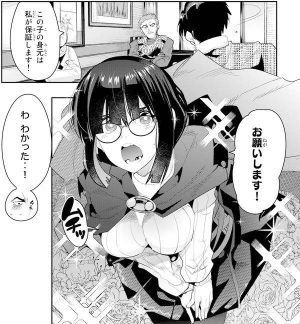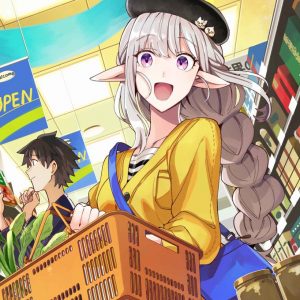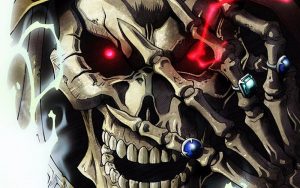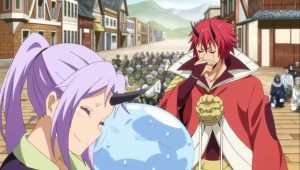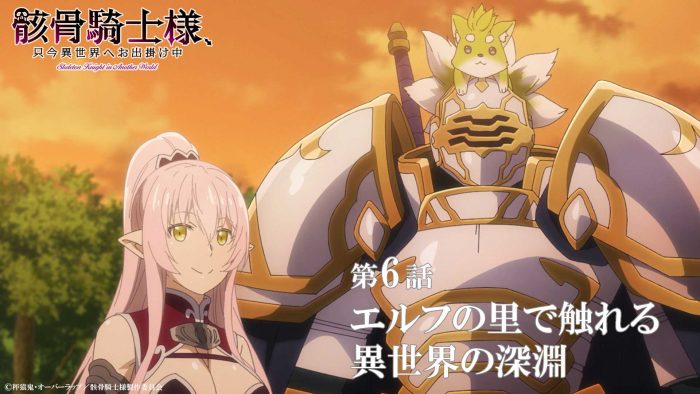
The last decade of anime and manga has seen the isekai genre take on a whole life of its own, and with good reason. The appeal of “trapped in another world” stories goes beyond the genre's tropes: it appeals to readers on a human level.
Join us today on Honey’s Anime, as we discuss Why Loving Isekai Is Human Nature!
A Universal Concept
As Western readers, it’s easy to assume that the isekai genre is a wholly imported concept. But in reality, authors have been crafting these “other world” stories for quite a long time.
One of the best classical examples is Lewis Carroll’s Alice’s Adventures in Wonderland. Many of us read this acid-trip of a book during high school English class, which takes readers into a warped world where logic gets thrown out the window. Another classic, L. Frank Baum’s The Wizard of Oz, whisks us away to a world of witches and whimsy, where the real magic is inner strength.
Thus, most Western readers have had experience with the “other world” trope, even in passing. But it’s the way in which manga and light novels expand on the human psyche that makes the Japanese isekai unique.
A Second Chance
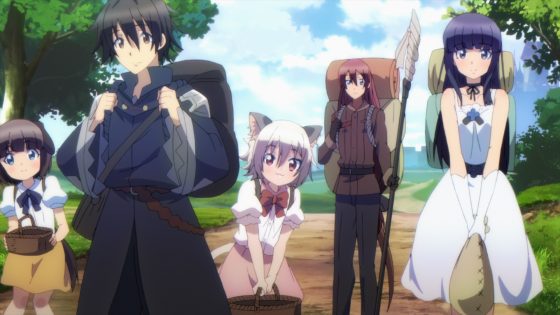
At the heart of isekai’s appeal is the notion of a “second chance” at life. To fall back on a cliche phrase: we’re only human, after all. We make mistakes. We’re fallible. Sometimes we feel our lives are...well, better off taking a reset.
Many isekai are technically tensei (reincarnation) stories, but the term ‘isekai’ has stuck. The method by which our characters abandon their mundane reality varies. Sometimes it's by way of an unfortunate accident—usually a truck or car collision. Other times it's by way of magical intervention—such as a summoning ritual from the other world. Either way, our characters now find themselves at a crossroads of new opportunity.
Controversial series like Mushoku Tensei - Isekai Ittari Honki Dasu ask the question: don’t we all deserve a second chance? No matter how rotten a person is, or how far gone they are, shouldn’t we all get the opportunity to set things right?
This concept of redemption is as old as mankind itself. From our earliest religious scripts to ancient mythological tales, humans have sought redemption. But don’t take our word for it—famed Swiss psychotherapist, Carl Jung, wrote that redemption and salvation are “universal intra-psychic archetypal motifs.” Translation: Redemption is a human concept that transcends time, culture, or race.
The isekai genre offers the regular person a window into that second chance. These stories remind us that—sans magical abilities, of course—we're all capable of change in life.
A Power Fantasy
There’s another undeniable appeal to isekai: the dream of having power. Isekai stories appeal to our inner child who wants to be a hero.
There’s nothing wrong with that, of course. Why do you think the Marvel films make so much money at the box office? Beyond the entertaining CGI-fest, viewers like injecting themselves into those characters. In literary terms, it's called a “self-insert.” We don’t genuinely believe we’re Captain America, but there’s an undeniable appeal in a scrawny asthmatic becoming a superhero.
In the same vein, isekai stories take regular people and make them heroes (or gods, even). Series like Re:Zero Kara Hajimeru Isekai Seikatsu (Re:Zero – Starting Life In Another World) or Tate no Yuusha no Nariagari (The Rising of the Shield Hero) take ordinary folks and thrust them into a world of magical possibility. Through trials with foes and friends alike, our heroes succeed—and change for the better along the way.
Even shameless ecchi series like Isekai Maou to Shoukan Shoujo Dorei Majutsu (How Not to Summon a Demon Lord) tap into the human desire for love, lust, and power. That isn’t a bad thing—these are normal human emotions, and fiction is the perfect outlet. Many isekai series play with the concept of sexual desire, whether in a comedic tone or a more serious one. Besides, the “harem” genre is hardly unique to fiction. There’s a reason that The Bachelor airs every year, with twenty girls going on dates with a single guy. Yet somehow that’s considered less perverted than harem manga...but we’ll talk about that another time!
An Escape
The final reason that isekai stories are human nature is because, well, real life isn’t all it’s cracked up to be.
For as long as there’s been life, humans have been enchanted by a fanciful narrative. It's all the better if we can pretend we’re being whisked away to fantastical lands of magic and adventure!
Modern “shoujo isekai” like Higeki no Genkyou to naru Saikyou Gedou Rasubosu Joou wa Min no tame ni Tsukushimasu (The Most Heretical Last Boss Queen: From Villainess to Savior) appeal to the idea that we could’ve been born as royalty (even a villainess!). Video game isekai like Sword Art Online or Overlord appeal to gamers who wish they could dive into their favorite games and live a life of quests and skills.
All fiction, regardless of genre, serves as an “escape from reality”—but only the isekai genre takes that to heart.
Final Thoughts
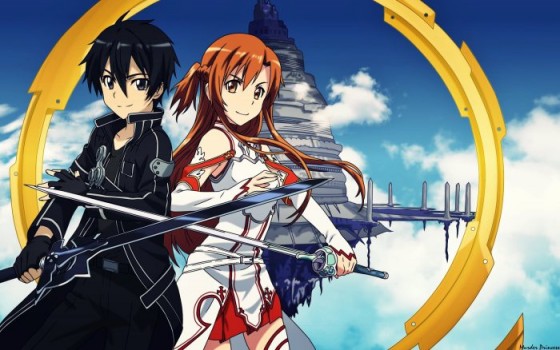
Through manga, light novels, and anime, the isekai genre appeals directly to human nature. It doesn't matter if we're seeking redemption, wishing we were powerful, or wanting to escape the hum-drum of daily existence. Isekai appeals to the very core of what it means to be human.
Now that we’ve had a chance to talk about isekai in such depth, we want to hear from you down below! What appeals to you most in isekai stories?
Leave a comment below, and as always, thanks for reading!
Recommended Post
5 Best Girls of Isekai - Waifus from Another World
Recommended Post
5 Isekai Protagonists Who Improve Their New World
Recommended Post


